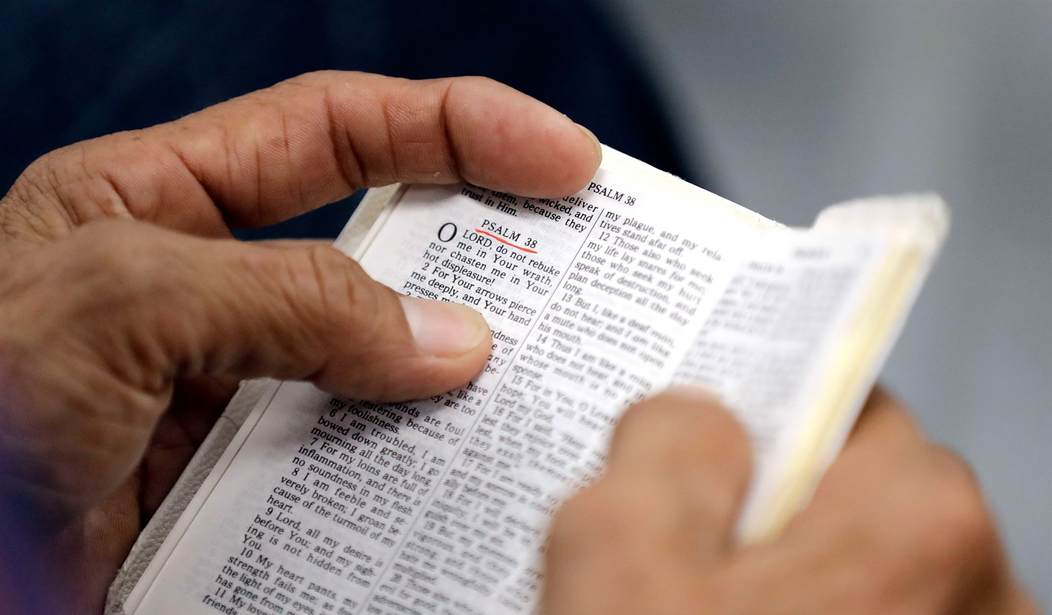I’ve been tracking the decline of Christianity in America ever since serving as a youth pastor in the early 2000’s. Even back then I couldn’t help but notice the astonishing rate at which young Christians were leaving the Church. The polls have been consistent about this, and the latest Pew Research Center study (surveying more than 4,700 U.S. adults) is no exception.
If you’re a Christian, the poll offers a distressing assessment:
Our Numbers Are Shrinking – Only 56% of Americans say they believe in God “as described in the Bible.” The number of people who claim a belief in God – or who self-identify as Christian – is steadily shrinking each year according to Pew surveys conducted over the past decade.
Our Members Are Less Educated – Of those who have a high-school education or less, 94% say they believe in God as described in the Bible. But, as our collective educational level increases, our collective belief decreases. Of college graduates surveyed, only 45% believe in the Biblical God.
Our Ranks Are Aging – The younger we are, the less likely we are to believe in the Biblical God. While 65% of Baby Boomers believe in God as described in the Bible, only 43% of millennials hold a similar view (a recent Barna survey also revealed that Gen Z Americans, ages 3-18, are far more likely to be atheists than older age groups).
Our Understanding Is Withering – Of those who identified themselves as Christians, only 80% said they believed in the Biblical God. 20% said that they believed in a higher power or spiritual force, other than the God described in the Bible.
Recommended
If you’re a Christian, you probably find these statistics as troubling as I do, but beneath the stark numbers - nestled in between the dire statistics - I see an undercurrent of hope and opportunity:
We Haven’t Given Up On God – Yes, fewer Americans claim a Christian affiliation or a belief in God “as described in the Bible,” but America is still a highly spiritual – if less religious – country. 88% of Americans report believing in some kind of God / higher power / spiritual force, even if that Being is not the God of the Bible. In fact, the Pew report reveals that as people move away from belief in a Biblical God, they are far more likely to move toward a belief in a higher power than toward complete atheism. These spiritual “believers” think this higher power “loves all people (69%), is omniscient (53%), has protected them (68%) and rewarded them (53%).” Even of those who claim no religious affiliation, 17% still said they believed in the God as described in the Bible, and 53% said they believed in a higher power or spiritual force. Even 18% of self-proclaimed atheists said they believed in some kind of higher spiritual power.
So, fellow Christian, before you throw up your hands over the bad news coming from the latest Pew Center Report, consider the good news: we live in a country filled with spiritual seekers who believe a higher power exists and is at work in their lives. For one reason or another, many have rejected the God of the Bible. Sadly, many may have done so without ever coming to know Him. Instead, they may only know us. Have we been able to answer their questions? Have we presented them with a reasonable, “forensic faith” capable of withstanding the scrutiny of our increasingly secular culture? Have we accurately embodied our Christian worldview? Have we shown them the love or power of God? As always, every challenge offers an opportunity. Let’s seize the moment and turn those who are seeking the Divine back toward the God of the Bible.

























Join the conversation as a VIP Member